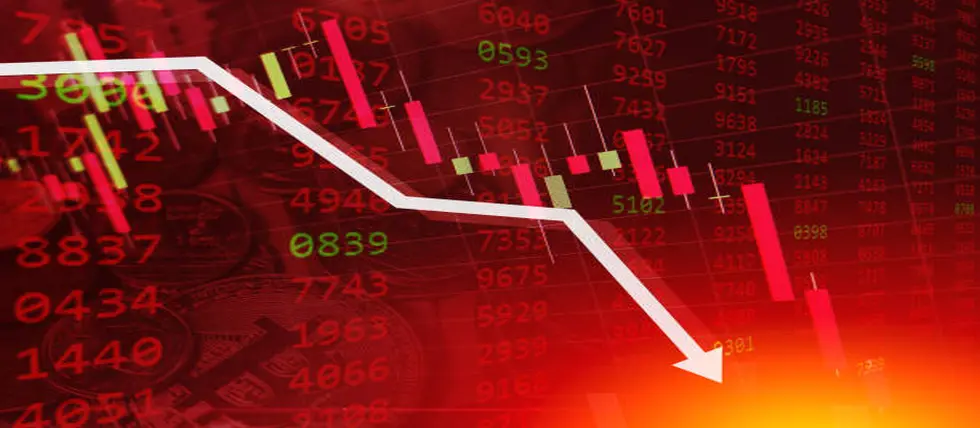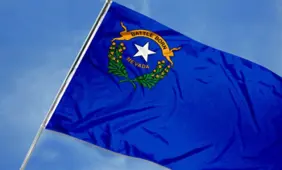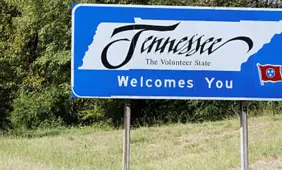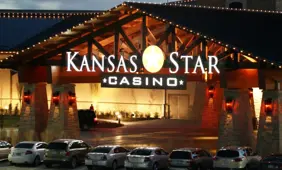UK-Based Gambling Companies See Share Values Plummet amid Possible Tax Increases
Shares in some of the UK's largest gambling companies fell sharply on Friday, wiping more than £4 billion from their market value amid growing expectations of tax increases in the upcoming Budget. According to The GuardianFlutter, the parent company of Paddy Power, and Entain, owner of Ladbrokes and Coral, both saw significant share price declines, while Evoke, which owns William Hill, also suffered losses.

The drop followed reports suggesting that a rise in gambling sector taxes was highly likely as Chancellor Rachel Reeves seeks to address an estimated £50 billion shortfall in public finances.
Related: Dutch Gambling Tax Increase Provides Warning for Other CountriesMarket data showed London-listed Evoke losing around £23 million in value, Entain down by approximately £37 million, and Flutter, which now trades in New York but was formerly listed in London, losing more than $5.7 billion (£4.2 billion).
The developments came after former chancellor Gordon Brown called for higher gambling taxes to help fund measures against child poverty, stating that additional revenue could be used to end the two-child limit and lift the benefit cap. He argued that the betting and gaming industry, which has seen substantial profitability, should contribute more to meeting the UK's social and economic needs.
Brown's remarks were supported by findings from the Institute for Public Policy Research (IPPR), which estimated that reforms to gambling taxation could raise up to £3.2 billion. The think tank recommended targeting tax increases on the most profitable segments of the industry, such as online casinos, slot machines, and high-stakes betting.
These proposals come as the Treasury faces pressure to raise additional revenue due to slowing economic growth and challenges in the labor market. Last week, the National Institute of Economic and Social Research warned that the government could miss its borrowing targets by £41.2 billion, suggesting that either tax rises or spending cuts of over £50 billion would be necessary to maintain fiscal commitments.
More Finance
Gambling Industry Fights to Halt Tax Increases
Calls for a gambling tax hike have drawn strong criticism from the industry. It has repeatedly argued that such measures risk pushing customers toward unregulated black market operators, where there is no consumer protection and no tax contribution.
Flutter CEO Peter Jackson said the company paid nearly £750 million in UK taxes in 2024 and cautioned that significant tax increases could lead to reduced overall revenue, citing the Netherlands as an example where higher tax rates coincided with a €200 million (£173 million) shortfall. He stressed the importance of keeping customers in regulated markets where investment in safer gambling and player protection measures is substantial.
Opposition to the proposed increases has also come from political figures. Shadow gambling minister Louie French stated that the regulated industry supports over 100,000 jobs, generates billions for the economy annually, and sponsors many major sporting events. He warned that additional taxes could damage employment, harm British sports, and drive consumers toward illegal betting platforms.
A recent YouGov poll of 6,153 adults found that 42% strongly supported higher taxes on online gambling, with another 28% somewhat in favour. Opposition was split evenly between those somewhat against and those strongly opposed, each at 8%, while 15% of respondents were undecided.
The Betting and Gaming Council also rejected the IPPR's proposals, describing them as economically reckless, factually misleading, and likely to boost the illegal gambling market.
Tax lawyer and Labour Party adviser Dan Neidle has voiced scepticism about using gambling taxes as a primary policy tool to address social harms. He argued that increased levies are often passed on to customers rather than absorbed by companies and that the IPPR's revenue estimates rely on static calculations that may not accurately reflect real outcomes.
Neidle suggested that while there are strong reasons to mitigate gambling-related harm, regulation could be a more effective approach than taxation, and any tax proposals should be supported by robust revenue projections and clear identification of who ultimately bears the cost.
RELATED TOPICS: Finance
Most Read
Must Read
 Interviews
Interviews
Exclusive Interview: Levon Nikoghosyan Shares AffPapa Winning Formula for Successful iGaming Events
Dec 03, 2025 Interviews
Interviews









Review this New Post
Leave a Comment
User Comments
Comments for UK-Based Gambling Companies See Share Values Plummet amid Possible Tax Increases